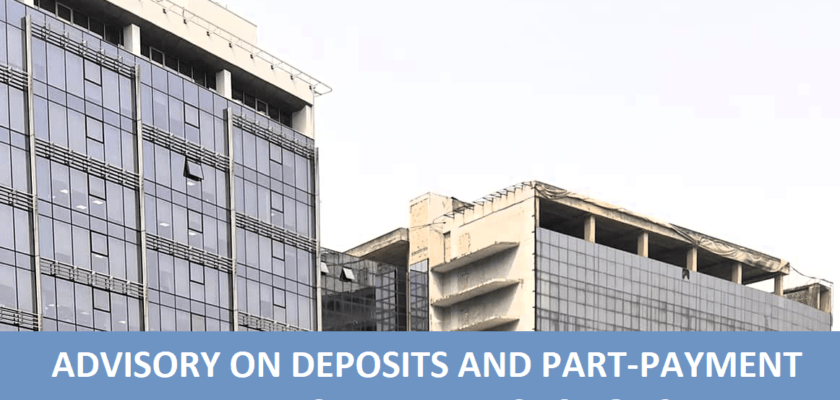In real estate transactions, it’s crucial to understand the legal implications of deposits and part-payments to protect the interests of both buyers and sellers. Here’s a breakdown of the differences and legal considerations:
DEPOSITS:
A deposit is a non-refundable payment made for property, goods, or services, typically as a sign of commitment to the transaction.
Generally, deposits are considered non-refundable unless explicitly stated otherwise in the agreement.
If a deposit exceeds 10% of the purchase price, it’s typically non-refundable. However, if it’s less than 10%, it must be clearly agreed upon as refundable.
Sellers typically retain deposits if the buyer fails to fulfill the contract to complete payment as planned.
PART-PAYMENT:
Part-payments are refundable payments made toward the purchase price of a property. To qualify as a part-payment, it must exceed 10% of the total amount payable.
With part-payments, equitable ownership of the property may be transferred to the buyer using Deeds.
If the buyer fails to complete the payment, the seller must return the part-payment unless the agreement explicitly states forfeiture in case of non-payment as stipulated in the conditions of sale.
Sellers must inform buyers of their intention to sell to another party and provide a second opportunity to complete payment within a specified timeframe, typically 7 days.
If the buyer fails to complete payment again, the seller may pursue legal action for specific performance, provided they couldn’t find another buyer, but where there’s another buyer on the wings, the new transaction may proceed successfully whilst the initial part payment goes to an escrow in the name of the previous payee. However, It’s advisable to consult with legal experts to ensure all transactions comply with Nigerian laws.
THE PRINCIPLES
A deposit is often considered non-refundable to provide assurance to the seller that the buyer is committed to the transaction. When a buyer makes a deposit, it demonstrates their intention to proceed with the purchase, and the seller may take the property off the market or incur expenses related to the transaction based on this commitment.
If the deposit were refundable without conditions, buyers could potentially tie up properties without genuine intent, leading to uncertainty and financial risk for sellers. Therefore, non-refundable deposits serve as a form of security for sellers, ensuring that buyers have a genuine interest in completing the transaction. However, it’s essential to clarify the terms of the deposit in the agreement to avoid misunderstandings or disputes.
A part-payment is however, typically considered refundable because it represents only a portion of the total purchase price, rather than a commitment to the entire transaction. Unlike a deposit, which is often non-refundable to provide assurance to the seller, a part-payment reflects a partial commitment from the buyer.
In many cases, buyers may make part-payments as initial steps towards completing the purchase, with the expectation that the remaining balance will be paid upon fulfillment of certain conditions or within a specified timeframe. Therefore, unless the agreement explicitly states otherwise, part-payments are generally refundable to the buyer if the transaction falls through.
However, it’s essential to carefully review the terms of the agreement, as some contracts may specify that part-payments are non-refundable under certain circumstances. Clarity in the agreement helps to avoid misunderstandings and ensures that both parties are aware of their rights and obligations regarding the refundability of part-payments. Consult your Lawyers always no matter the avowed integrity of the Seller or his or her agents. Happy Day to everyone!!!
Sir (Otunba) Sola Enitan
LLB (Hons) BL FNIVS RSV Pslc KJW
FAQ (Frequently Asked Questions)
- What is Part Payment in Real Estate Transaction
Part-payments are refundable payments made toward the purchase price of a property. To qualify as a part-payment, it must exceed 10% of the total amount payable. - What is Deposit in Real Estate Properties Transaction
A deposit is a non-refundable payment made for property, goods, or services, typically as a sign of commitment to the transaction.

